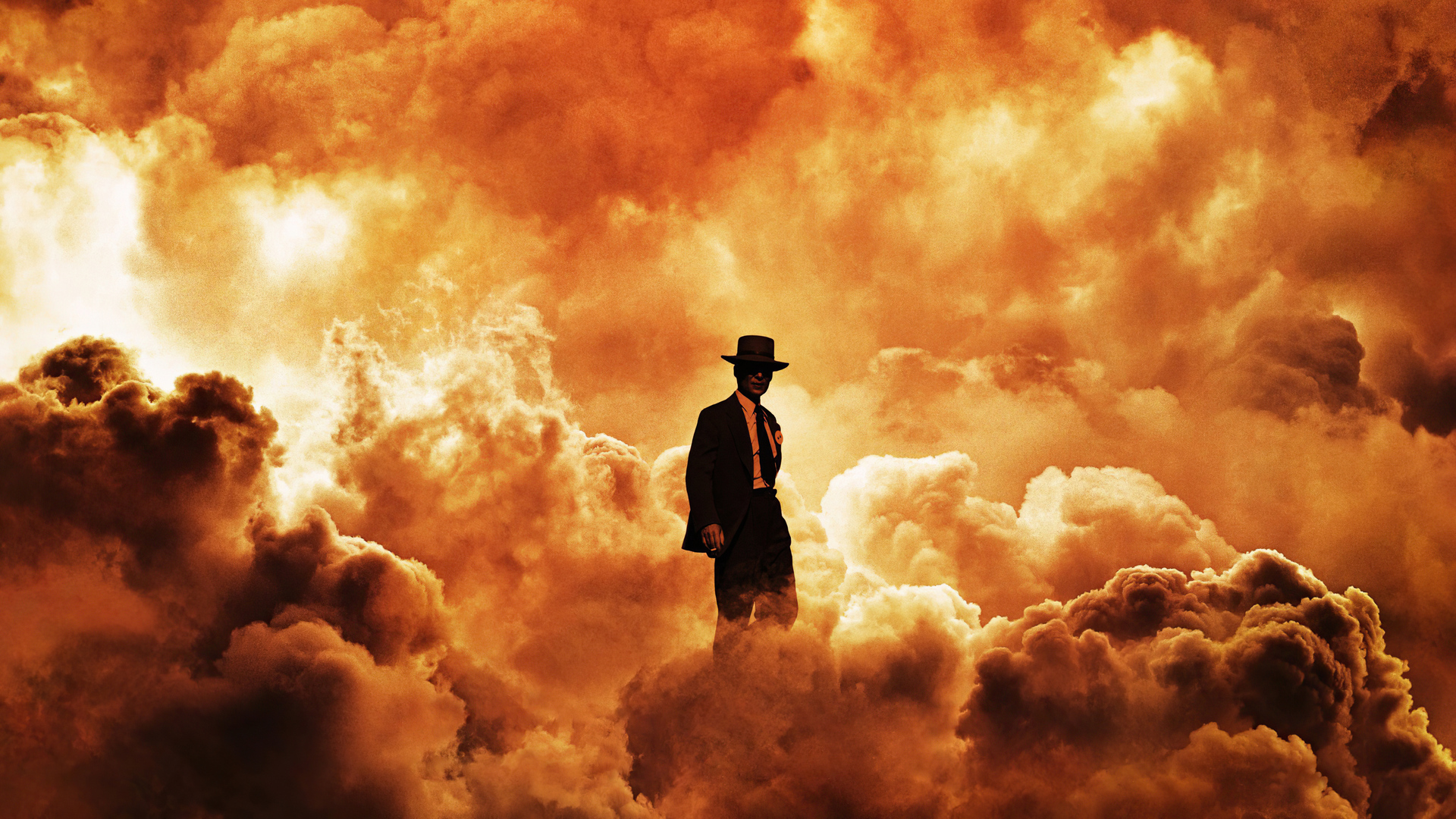
FAQ About Oppenheimer
Oppenheimer
2 years ago | gizem
Did Oppenheimer regret his involvement in the development of the atomic bomb?
J. Robert Oppenheimer's feelings about his involvement in the development of the atomic bomb were complex and evolved over time. While he never explicitly expressed regret, he did grapple with the moral implications of his work and the devastating consequences of the bombs dropped on Hiroshima and Nagasaki. Here are some key points to consider:
- Ethical Reflections: Oppenheimer was deeply aware of the destructive power of the atomic bomb and the ethical dilemmas it posed. After witnessing the successful test of the first atomic bomb (Trinity test), he famously quoted the Bhagavad Gita, saying, "Now I am become Death, the destroyer of worlds." This reflection illustrated his awareness of the immense responsibility that came with his role in creating such a powerful weapon.
- Post-War Reflections: After World War II, Oppenheimer's concerns about the use of atomic weapons grew. He became an advocate for arms control, international cooperation, and the prevention of nuclear proliferation. He worked to ensure that nuclear weapons were used only as a last resort and that efforts were made to prevent future use.
- Advocacy for Peace: Oppenheimer's post-war advocacy for arms control and his involvement in discussions about the ethical use of nuclear weapons highlighted his commitment to ensuring that the devastating power of nuclear weapons would not be unleashed indiscriminately.
- Impact on His Legacy: While Oppenheimer's involvement in the Manhattan Project and the development of atomic weapons is an essential part of his legacy, his post-war efforts to promote responsible nuclear policy and disarmament reflect his desire to use his influence for positive change.
- Personal Ambivalence: While Oppenheimer did not outright express regret for his role in the atomic bomb's creation, there is evidence to suggest that he felt a sense of ambivalence and inner conflict about the consequences of his work. He grappled with the immense destructive power of the bomb and its implications for humanity.
